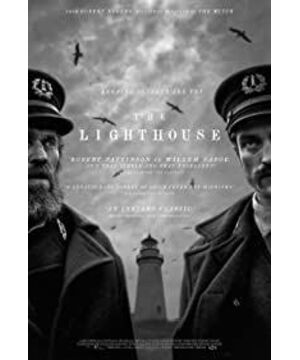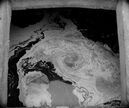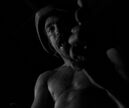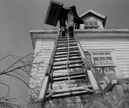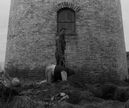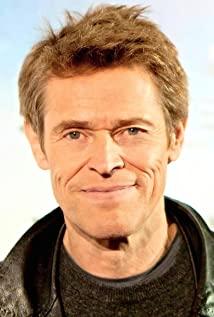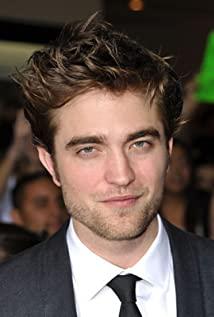An anti-type piece worth rereading to get the full meaning of the text. Placed in a closed and dark, crazy-inducing natural environment and a sticky and ambiguous psychological atmosphere full of distrust and urgency, the interaction of the two male protagonists is intertwined with power and sexual desire, three scenes of temptation, and the last fight is almost strong play.
During the quarrel, both of them forced each other to submit by feminizing their opponents. When they reached the lighthouse that symbolized the commanding heights of power, they ushered in an orgasm. The film surges into complete fear and nothingness, the shadow of Cthulhu seeps from the background to occupy the screen, and the constant tension of words when death comes is forced to surrender to the desolate natural environment.
The dialogue between the two switches frequently between fierce confrontation and eerie intimacy, filled with the suffocating oppression of the male power structure. Both sides are vying to be the more masculine one, and at the same time do their best to suppress the charm of resisting the other's relatively feminine temperament. Alcohol, raging seafarers' songs, and terrifying toasts act as the lubricant of contradiction, swerving the text as a beacon of hidden focus when the audience is almost caught off guard. After the conflict erupted in an instant, it replayed itself in a pliable and ghostly way, causing the two to slowly murder and commit suicide without completely killing the other. Very lonely and showy.
View more about The Lighthouse reviews


